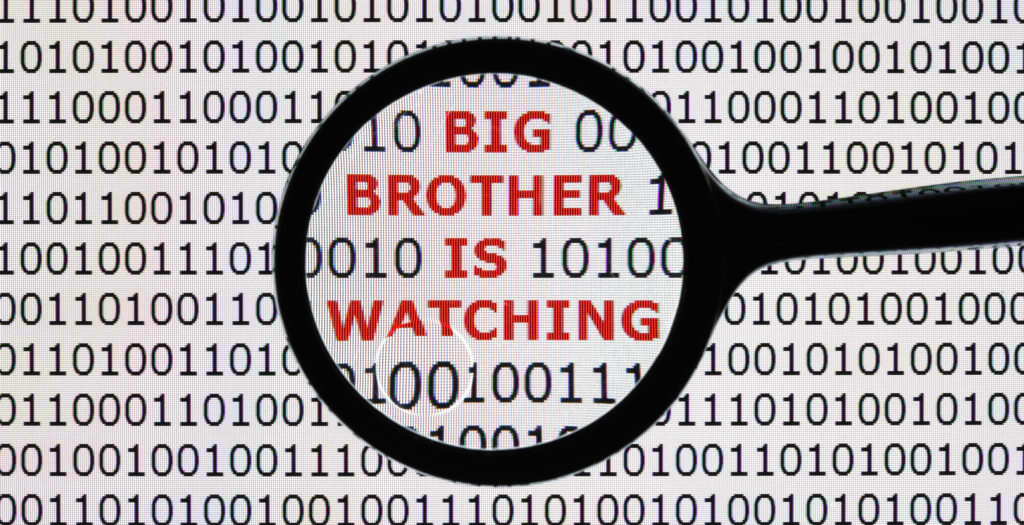
Right to Privacy and Social Policies
Indian Constitution guarantees certain Fundamental Rights to its citizens in Part III and also indicates goals for the state in the Part IV as the Directive Principles of the State of Policies (DPSP). While the part III is enforceable, Part IV is not. It is the goal before any Government to attain and therefore the DPSP, though not legally enforceable, can be a guide to understanding the Fundamental Rights. In practice, no provision in the Constitution can be interpreted on its own terms, but it forms the interrelated document where various articles can be read together, and this reading together can help to clarify the individual articles of the Constitution.
The frame in which the constitution is set up is the frame formed by the values enshrined in the preamble of the constitution which forms the four-cornered matrix of Justice, Liberty, Equality, and Fraternity.
It has been suggested that Aadhaar started India’s 12-Digit Revolution. Shankkar Aiyar, a journalist, wrote “Aadhaar: A biometric History of India’s 12-Digit Revolution”. In it, he documents how the Aadhaar scheme into being and how it was fraught with the problems of protecting privacy. The Aadhaar regime started with the UPA II in which Nandan Nilekeni, the ex-honcho of Infosys, to develop unique ID for India’s citizens. Since its launch, almost all the Indians are covered with the Aadhaar and have been assigned 12-digits unique ID. It has been argued that this “digital ID” will cut the other IDs of caste, region, religion, and gender. The 12-digits are unique to an individual, but their unique biometric attributes are also collected.
Let us understand the scene in which the “numerati” will play their roles. Since the advent of the digital revolution, the Big Data revolution is completely changing the way economics, politics, and everything that is connected to society is changing. Whatever we do on the internet leaves behind a digital trail: what we buy, what we surf, what we read, who do we befriend with, and the list goes on. The Facebook can also predict if our personal relationships are falling apart. We are in the new world which is ruled by the algorithms. The creation of the huge data through social media has enabled new ways to sell products and attract the possible customers. Now link our digital life with our digital self and imagine that our digital self and digital life is publicly available. Further imagine that a big corporation or the Governments (read political parties) can have access to this: our digital life linked with our digital self.
The picture is clear and directly links with the natural right to life. This is what had happened with today’s verdict of the Supreme Court when it ruled that Right to Privacy is the Fundamental Right. It linked the Right to Privacy to Article 21 of the Indian Constitution. But, it is not clear yet how this right will affect “Aadhaar” regime. The RSS/BJP Government is even trying to link Socio-Economic Caste Census 2011 (SECC 2011) with the Aadhaar card. The pretext is the delivery of the benefits directly to the stakeholders by cutting the intermediate brokers including the state agencies. It sounds great and figures are thrown to show that it had saved millions of taxpayers’ money in this process.
The BSE is making it compulsory for all to register their Aaadhaar and so are all the banks have been insisting on Know-Your-Customer (KYC) number. The bigger questions therefore are:
- Is technology the only way to deliver the benefits of the schemes?
- Whether the reduced cost of this delivery outweighs the benefits enjoyed by the citizens by being uncontrolled by the state regimes?
- Is it essential to make one’s personal life public to benefit from the “state” and its “schemes”?
There can be many questions and these questions will shape the debates about how far Aadhaar can go in making public policies. The state has no right to arrest the body of the person and therefore the state has no right to decide the choices for the person. Therefore, the issue of “Privacy” and “State” are interrelated issues and they must be dealt with. We have to wait for further clarification from the honorable Supreme Court, till that time, we can mull over these questions.
Author – Mangesh Dahiwale, Human Rights Activist
Read also –
Ram Rajya: Cows Get Aadhar Card, What is Next? Passports, Visa and Bank Accounts?
This Is How Aadhaar Card For Cows Will Look Like



+ There are no comments
Add yours